“Oh that I were seated as high as my ambition, I’d place my naked foot on the necks of monarchs.”
—Horace Walpole, English author, born September 24, 1717
The Paper Book Considered as a Technology
 I spent a couple of hours working in the Haydenville Library in Florence yesterday. It’s a charming little library. The people who lived in this area obviously valued literacy highly enough at one time to build branch libraries all over the place. Like our own Shelburne Public Library, for instance; not the rather grand Arms Library in Shelburne Falls, but the sweet little stone building erected in the 1890s in Shelburne Center, in a place that has never had a store as far as I know. It has two rooms and a couple of thousand books. It’s open from 3:00 to 7:00PM on Tuesdays and Thursdays, and 10:00–12:00 on Saturday morning. That’s where I go to pick up and return the books that I order via the C/W MARS online library system, which gives me access to the holdings of every public library in the Commonwealth, and some academic ones as well.
I spent a couple of hours working in the Haydenville Library in Florence yesterday. It’s a charming little library. The people who lived in this area obviously valued literacy highly enough at one time to build branch libraries all over the place. Like our own Shelburne Public Library, for instance; not the rather grand Arms Library in Shelburne Falls, but the sweet little stone building erected in the 1890s in Shelburne Center, in a place that has never had a store as far as I know. It has two rooms and a couple of thousand books. It’s open from 3:00 to 7:00PM on Tuesdays and Thursdays, and 10:00–12:00 on Saturday morning. That’s where I go to pick up and return the books that I order via the C/W MARS online library system, which gives me access to the holdings of every public library in the Commonwealth, and some academic ones as well.
I’ve loved books my whole life; I own a lot of them (most packed up in boxes, as I don’t have bookshelf space for them where I live now), and have haunted libraries and bookstores my whole life. Actually, I never shop for books in a bookstore anymore, and I don’t go to libraries to find books, just to pick up the ones that I order online.
But increasingly I prefer reading on tablets and smartphones. It’s just so convenient; and the paper ones aren’t connected to the Internet and can’t be shared like material that is. Nor can you highlight a word on the page for an instant definition, or Google a quick piece of research suggested by what you’re reading. Hardcover books are heavy to read in bed, too. One doesn’t really want to think about the environmental impace of all that paper and ink, either. Paper books are obsolete.
But I’m sure they’ll hang on, like fireplaces, horse-drawn vehicles, steam trains, and candles, which continue to charm us, move our emotions, and stimulate our imaginations.

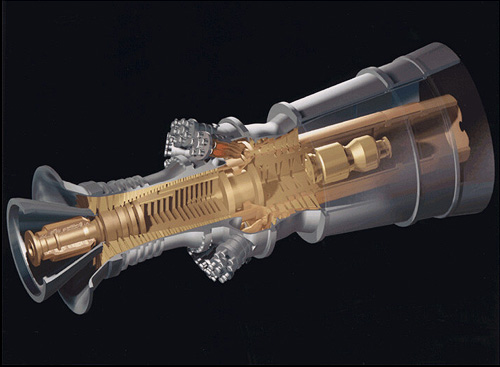 Reading the superb second volume of Vaclav Smil’s masterful account of the invention and development of the key technologies of the 20th century.
Reading the superb second volume of Vaclav Smil’s masterful account of the invention and development of the key technologies of the 20th century.  Very interesting post from a blogger who works as an investor in Hong Kong. Premise is that the quantity of steel, aluminum, and so on he consumes has declined radically in his lifetime and that the trend continues. What does this mean for extraction industries, utilities, and especially for emerging markets, which are all about making “stuff.” Add population decline in the next few decades, and the rise of nanotechnology with its promise of cheap, scalable hardware manufacture, and the future looks decidedly bleak for credit investors. There will be less need for bank lending and more opportunities for venture capital and the funding of research. Being reincarnated as the Bond Market might not as great an idea as it was 1994 (“I used to think if there was reincarnation, I wanted to come back as the President or the Pope or a .400 baseball hitter. But now I want to come back as the bond market. You can intimidate everyone.”—James Carville, Clinton campaign strategist)
Very interesting post from a blogger who works as an investor in Hong Kong. Premise is that the quantity of steel, aluminum, and so on he consumes has declined radically in his lifetime and that the trend continues. What does this mean for extraction industries, utilities, and especially for emerging markets, which are all about making “stuff.” Add population decline in the next few decades, and the rise of nanotechnology with its promise of cheap, scalable hardware manufacture, and the future looks decidedly bleak for credit investors. There will be less need for bank lending and more opportunities for venture capital and the funding of research. Being reincarnated as the Bond Market might not as great an idea as it was 1994 (“I used to think if there was reincarnation, I wanted to come back as the President or the Pope or a .400 baseball hitter. But now I want to come back as the bond market. You can intimidate everyone.”—James Carville, Clinton campaign strategist)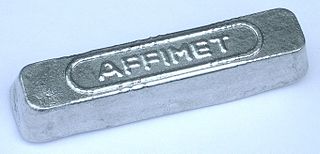 “…If I did an inventory of how much steel, aluminium and the like I consume it has likely gone down a great deal and is comically less than what my parents consumed. Sure I spend a fair bit on services – publication subscriptions, Evernote, gym membership, Fitbit, going out to eat, etc – but the central fact of my existence is that the material content has gone down markedly all the while my quality of life has improved markedly. It has also become increasingly similar to that of everyone else as Rick Bookstaber has observed.
“…If I did an inventory of how much steel, aluminium and the like I consume it has likely gone down a great deal and is comically less than what my parents consumed. Sure I spend a fair bit on services – publication subscriptions, Evernote, gym membership, Fitbit, going out to eat, etc – but the central fact of my existence is that the material content has gone down markedly all the while my quality of life has improved markedly. It has also become increasingly similar to that of everyone else as Rick Bookstaber has observed. “Life would be so wonderful if we only knew what to do with it.”
“Life would be so wonderful if we only knew what to do with it.”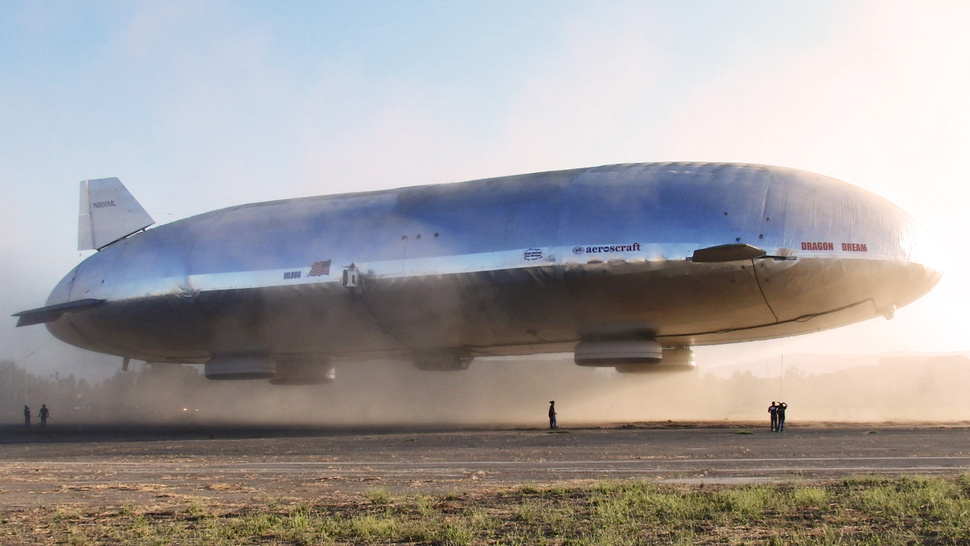 Occurs to me that in a world where we are always connected that the only good thing about our current, execrable air travel system, that it gets you there fast, will be less important in the future. The top speed of the alumimum airships being developed by the Aeros Corporation is about 140mph, which would get you from New York to Los Angeles in about 20 hours. If you could travel in comfort and be connected the whole time, why wouldn’t you want to? Compare to the cramped, inhuman conditions endured by jet passengers. Oh, wait, things are better in First Class, aren’t they?
Occurs to me that in a world where we are always connected that the only good thing about our current, execrable air travel system, that it gets you there fast, will be less important in the future. The top speed of the alumimum airships being developed by the Aeros Corporation is about 140mph, which would get you from New York to Los Angeles in about 20 hours. If you could travel in comfort and be connected the whole time, why wouldn’t you want to? Compare to the cramped, inhuman conditions endured by jet passengers. Oh, wait, things are better in First Class, aren’t they?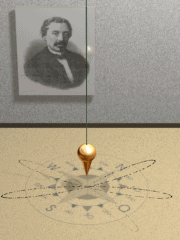 The Last Word
The Last Word As a general rule, we shouldn’t worry about what’s out of our control. We certainly should not worry about what’s none of our damned business, with “business” generously construed.
As a general rule, we shouldn’t worry about what’s out of our control. We certainly should not worry about what’s none of our damned business, with “business” generously construed.
 “…Social systems around the world have become highly interconnected. Good innovations can now spread around the world in the blink of an eye, on the scale of history. Island biogeography suggests that such rapid inflows and outflows among the many social systems have moved and will move us closer to monoculture; at this limit this makes us a single global point of failure….”
“…Social systems around the world have become highly interconnected. Good innovations can now spread around the world in the blink of an eye, on the scale of history. Island biogeography suggests that such rapid inflows and outflows among the many social systems have moved and will move us closer to monoculture; at this limit this makes us a single global point of failure….” 72 million Millenials pose challenges to the culture of workplaces and other social and economic institutions. They’re widely considered to be lazy, entitled, narcissistic, and restless by business superiors from the two previous generations (Baby Boom and Gen X). Sounds familiar, right? “Greatest Generation” bosses and parents had very similar reactions to the Boomers (I know: I was there), and Boomers looked down on the hapless Gen-Xers (ditto). The literary evidence strongly supports the hypothesis that the poor younger generation has never done anything right in the eyes of its predecessors since time immemorial.
72 million Millenials pose challenges to the culture of workplaces and other social and economic institutions. They’re widely considered to be lazy, entitled, narcissistic, and restless by business superiors from the two previous generations (Baby Boom and Gen X). Sounds familiar, right? “Greatest Generation” bosses and parents had very similar reactions to the Boomers (I know: I was there), and Boomers looked down on the hapless Gen-Xers (ditto). The literary evidence strongly supports the hypothesis that the poor younger generation has never done anything right in the eyes of its predecessors since time immemorial. “….To understand why jellyfish are taking over, we need to understand where they live and how they breed, feed, and die. Jellyfish are almost ubiquitous in the oceans. As survivors of an earlier, less hospitable world, they can flourish where few other species can venture. Their low metabolic rate, and thus low oxygen requirement, allows them to thrive in waters that would suffocate other marine creatures. Some jellyfish can even absorb oxygen into their bells, allowing them to “dive” into oxygen-less waters like a diver with scuba gear and forage there for up to two hours…‘We are creating a world more like the late Precambrian than the late 1800s—a world where jellyfish ruled the seas and organisms with shells didn’t exist. We are creating a world where we humans may soon be unable to survive, or want to.’”
“….To understand why jellyfish are taking over, we need to understand where they live and how they breed, feed, and die. Jellyfish are almost ubiquitous in the oceans. As survivors of an earlier, less hospitable world, they can flourish where few other species can venture. Their low metabolic rate, and thus low oxygen requirement, allows them to thrive in waters that would suffocate other marine creatures. Some jellyfish can even absorb oxygen into their bells, allowing them to “dive” into oxygen-less waters like a diver with scuba gear and forage there for up to two hours…‘We are creating a world more like the late Precambrian than the late 1800s—a world where jellyfish ruled the seas and organisms with shells didn’t exist. We are creating a world where we humans may soon be unable to survive, or want to.’”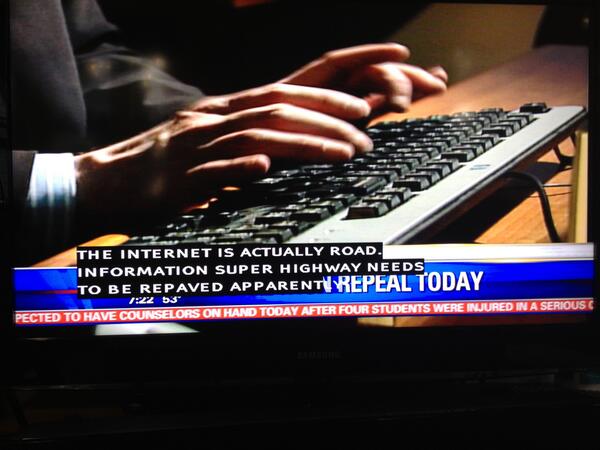
 Once I went to the library on a Saturday morning and took out some books, came home, read them, and returned them in the afternoon, so I could get some more. I was seven or eight years old, and had just gotten my first library card.
Once I went to the library on a Saturday morning and took out some books, came home, read them, and returned them in the afternoon, so I could get some more. I was seven or eight years old, and had just gotten my first library card. Second trip of the week to the asian markets in Hadley and Amherst. We found that the
Second trip of the week to the asian markets in Hadley and Amherst. We found that the